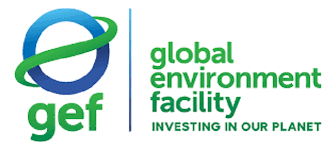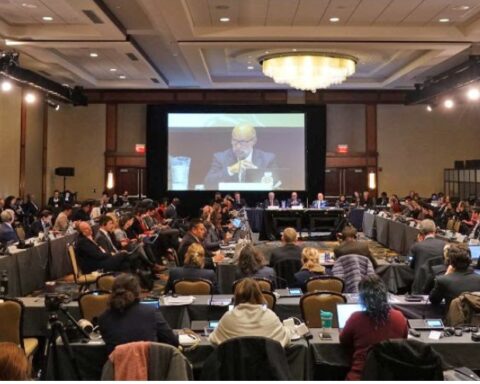The Global Environment Facility’s governing body has approved the disbursement of $1.4 billion to accelerate efforts to tackle the climate, biodiversity, and pollution crises.
The GEF Council’s support for the record work program targeting the root causes of environmental damage came amid significant momentum for environmental diplomacy, following recent breakthrough deals on biodiversity, the high seas, and progress on plastics and other issues.
The funding package includes support for 136 countries and has a significant focus on action to address species and habitat loss, in line with the Kunming-Montreal Global Biodiversity Framework agreed in December.
It spans 94 percent of all countries eligible for GEF support, which include developing countries, countries with economies in transition, Least Developed Countries, and Small Island Developing States.
GEF CEO and Chairperson Carlos Manuel while speaking at the meeting held in Brasil said the support will enable developing countries to respond more strategically to environmental concerns.
According to him “This large and broad infusion of support will enable developing countries including Brazil to respond more strategically to environmental concerns that affect us all.
“We are very pleased to provide funding on this scale as we look to launch and host the new Global Biodiversity Framework Fund.”
The GEF funding is set to generate another $9.1 billion in co-financing from other sources, for total support of $10.5 billion.
GEF Council members, who represent constituent groups of the multilateral fund’s 185 member countries, expressed strong support for efforts to address environmental threats in a holistic manner, such as through the Amazon, Congo, and Critical Forest Biomes Integrated Program which spans across 25 countries.
Marina Silva, Brazil’s Minister of the Environment and Climate Change, welcomed the GEF Council to Brasilia and noted the need for increased ongoing cooperation between countries to address global challenges, including those that Brazil is working to confront.
“This meeting represents a huge opportunity for us to create bridges and channels for dialogue,” she told the opening session, calling for efforts to build support for a future that is economically prosperous, socially just, and environmentally sustainable. “There is no dilemma between protecting the environment and fighting poverty: the effects of climate change hit the most vulnerable populations hardest,” she said.
Delegates had an opportunity to visit the GEF-funded Amazon Region Protected Areas (ARPA) programme, which has been supporting efforts to manage and improve protected areas in Brazil’s Amazon region since 2002 before they considered the work programme in the capital, which included expanded support for the Amazon Sustainable Landscapes (ASL) programme and related initiatives.
The new funding for the Amazon will further strengthen conservation governance and improve regional collaboration across seven Amazon basin countries Bolivia, Brazil, Colombia, Ecuador, Peru, Suriname, and Venezuela – on the protection of primary forests and other targeted areas, building on past efforts supported by the GEF. The goal is to maintain and restore the ecological integrity of the Amazon basin, which comprises 650 million hectares of forest and 100 million hectares of freshwater ecosystems.
Overall, the work programme approved in Brasilia includes nearly $90 million in support for Brazil, including regional and global initiatives that relate to the highly biodiverse country.
This included support for mapping the biodiversity located in Indigenous territories.








